By Luo Haibing & Ling Yun from CNS
Florence Fang is a California-based Chinese-American entrepreneur, philanthropist and publisher described as a "living legend in the arena of U.S.-China people-to-people engagement." A recipient of the 2020 George H.W. Bush Award for Lifetime Achievement in U.S.-China relations, she is also a media mogul. The Fang family was the first Asian-American family to run a major daily newspaper in the United States. She is also an honorary board member of Peking University.
Everyone who meets Florence is impressed by her straight back, even in her eighties. Born in China in the 1930s, she emigrated to San Francisco in 1960 and since then, has been representing a blend of Eastern and Western cultures. The United States is a nation of immigrants. The immigrant culture remains deeply rooted in the soil, starting with the arrival of the first settlers on the ship Mayflower that came from England 400 years ago. Even in the time of the COVID-19 global pandemic, the United States remained a preferred destination of immigrants. Immigrants have helped to build, develop and transform the nation but today, with anti-immigrant sentiments rising, people of color, especially Chinese immigrants, have become targets of hate crime and violence. Florence Fang reflects on whether the United States is still a "paradise" for immigrants in light of her own experience.
CNS: You once said, "I came to the United States without any background. I got where I am today with my bare hands." How did you arrive where you are today?
Florence Fang: I don't have any secrets to success. Everyone's situation is different but every immigrant can be brave in their different circumstances.
For example, when the phone rings, pushing you to answer something and you don't know how to handle it, answer it right away and tell the caller that you're not ready. Be brave and face it. Things are not as bad as they seem.
Besides, it's important to be a responsible person. How much weight you can carry on your shoulders determines the success you will have. In my life, from the death of my husband, to my own career challenges, to the purchase of the San Francisco Examiner… I've never ceased to take responsibilities. My back is always straight, no matter how much burden I carry.
CNS: Your family acquired the San Francisco Examiner in 2000. It was a mainstream English newspaper with a history of more than 100 years. Was that a glass ceiling-breaking moment?
Florence Fang: It was the first time that a Chinese immigrant family bought a famous mainstream daily newspaper in the United States, which shook the American newspaper industry like never before. The Wall Street Journal reported the story on its front page. On the day we bought it, I wore a necklace with an eagle at dinner to go with the mood of the day. The masthead of the Examiner was also an eagle, a representation of mainstream American society. The outside world was curious what kind of Chinese family could buy a hundred-year-old American newspaper.
The acquisition was a big encouragement to Chinese-Americans. It was an example, telling them that glass ceilings could be broken. There may be one to be broken in every American industry. However, only a few Chinese had made it at that time and it was lonely. Only when the socalled ceiling is completely shattered will the feeling of loneliness go away. It was just a beginning: There was a brand new world out there, where it was very difficult to realize your dreams.
CNS: You are not an official, but you participate in various social and political activities in the United States. For the Chinese community, is this the way to integrate into the local mainstream society?
Florence Fang: Yes. If the overseas Chinese want to gain a foothold in American society, they must take part in various social and political activities. Participating in political activities does not mean running for office. Even if it means just exercising your right to vote or expressing your opinion, you should do it.
After arriving in the U.S., many just want to be a law-abiding citizen and live a good life. But if everyone stays in their comfort zone, the Chinese community as a whole will always be pushed or oppressed. As early as in 1991, I was one of San Francisco’s delegates to White House conferences. Although I didn't have a say, when people talked about China and Asian-Americans, there would always be some scruples when they saw people like me sitting there. It's always good to have a Chinese face on political occasions. I believe that when more Chinese participate in politics, they will play a greater role. When you're sitting in the White House, that's what happens.
A few years ago, for example, the U.S. government launched the 100,000 Strong Initiative to choose 100,000 American students to study in China and deepen bilateral exchanges. I funded the project. The younger generation of Americans will definitely learn more about China if they have the opportunity to go to China and experience it for themselves.
CNS: Former President George H.W. Bush wrote the preface to your autobiography, saying, "America is a tale of immigrants who came to this land to build a nation and better their own lives. The Florence Fang story is yet another chapter on the American experience." What, in your opinion, is needed for the U.S. to be an immigrants' paradise?
Florence Fang: The United States is still a paradise for immigrants, but the way things are going is disappointing. The American society is sick now, even personal safety cannot be guaranteed. But it will pass. The most important element of a paradise is that people have the freedom to follow their dreams, to pursue what they love, to blossom and grow.
CNS: We have been seeing violence against the Chinese community from time to time. How do you think Chinese-Americans should respond?
Florence Fang: To be more vigilant and ushering in more legislation are only palliatives. The root cause lies in a lack of understanding of the Chinese and other Asian communities. I think the history of ChineseAmericans, especially their contributions to the American society, should be included in American textbooks, especially the textbooks used in California where there are more Chinese-Americans. In this way, primary and middle school students would be able to understand and respect us.
CNS: How do you find a sense of belonging as an immigrant?
Florence Fang: I first moved to Taiwan with my family from the Chinese mainland and was called a "mainlander" there. Then I moved to the United States with my husband and became an "immigrant." I went through a long process from wandering around to taking root. Where is my home? It is within my heart. When you feel inner peace and contentment, you will find a sense of belonging. I love both China and the United States and feel I belong to both.
CNS: Your experience proves that exchanges and mutual learning between Chinese and Western civilizations and cross-cultural practices are both possible and beneficial.
Florence Fang: Both the "community of a shared future for mankind" proposed by President Xi Jinping and the "society of great harmony" proposed by Confucianism require deep exchanges between the Chinese and Western civilizations. Civilization is a manifestation of human progress. It develops. If it is good for me and suits me, then it can be absorbed and digested and slowly becomes a part of who I am.
Having lived in the United States for more than 60 years, I am bound to be influenced by the American culture and way of thinking. For example, many Chinese like to complain about their own "pains" and gossip about the "pains" of others. Americans don't do that. They take it personally, and so do I. Perhaps Chinese and American cultures have different understandings of the boundaries of private matters. Under the collision of the two, I have gradually formed my own way of thinking.
Many Chinese raise their children to have someone to rely on when they grow old. But in my eyes, children are more like apples on a tree. When they grow up and become mature, they will fall on the ground from the tree and become independent individuals. There are natural differences between the Chinese and Western civilizations, and such examples abound. That's why there needs to be more exchanges and mutual learning.
Both civilizations and cultures have influenced me, and I enjoy both. I enjoy giving kids hongbaos, the red envelopes with money in them, on the occasion of the traditional Spring Festival, the Chinese New Year. I also enjoy Thanksgiving and Christmas celebrations.










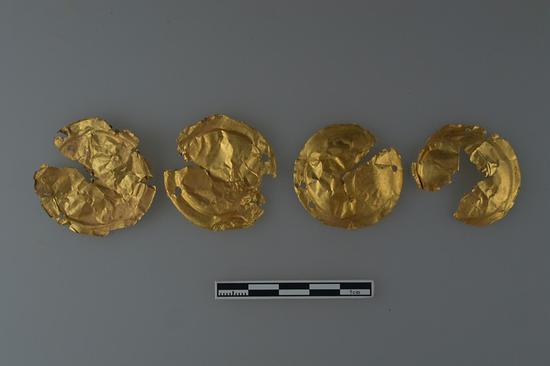
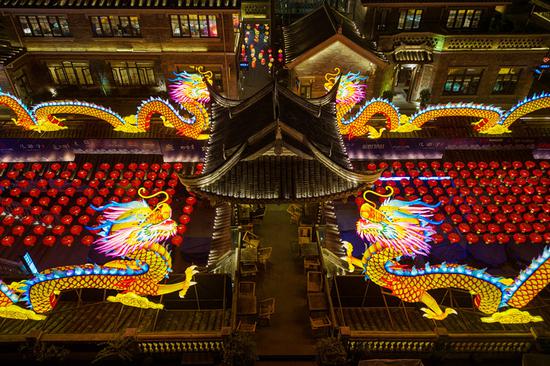


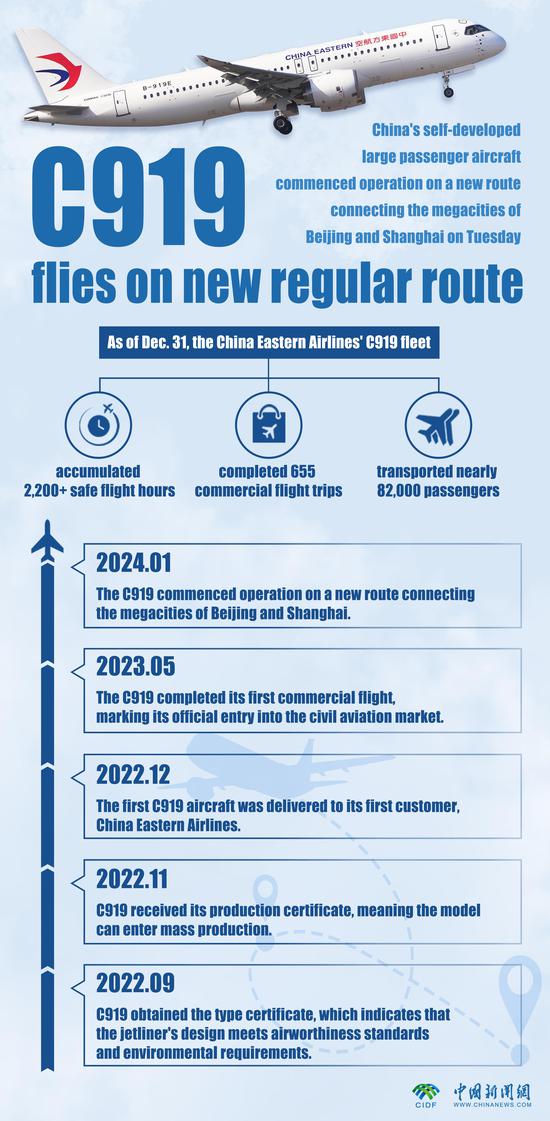






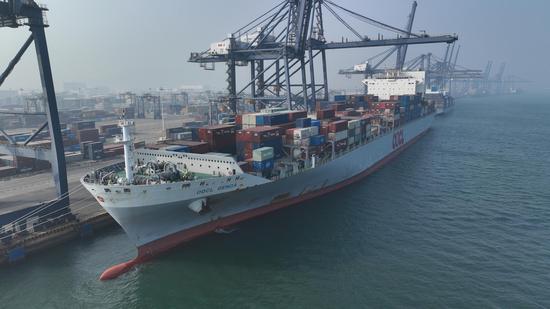
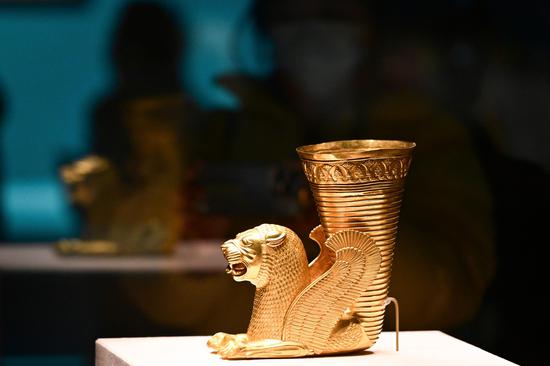
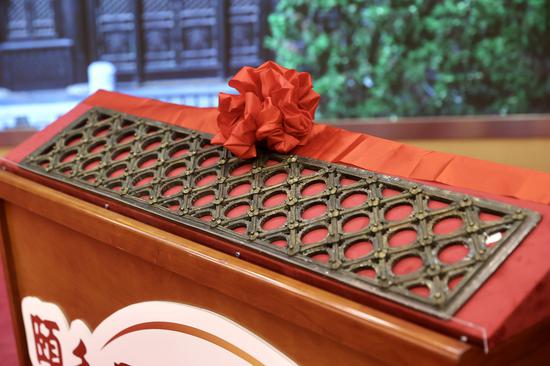
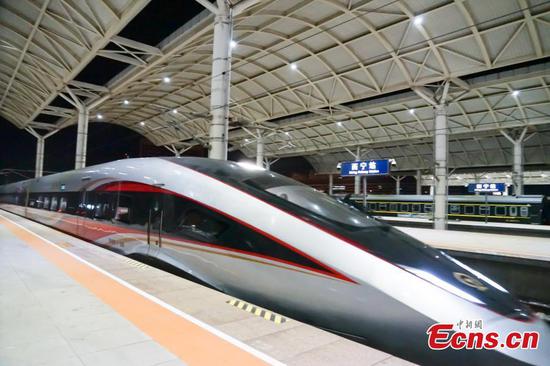

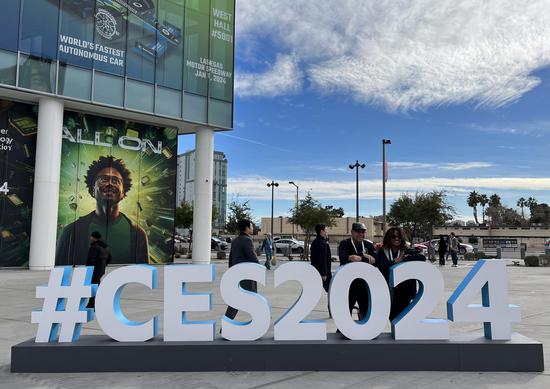
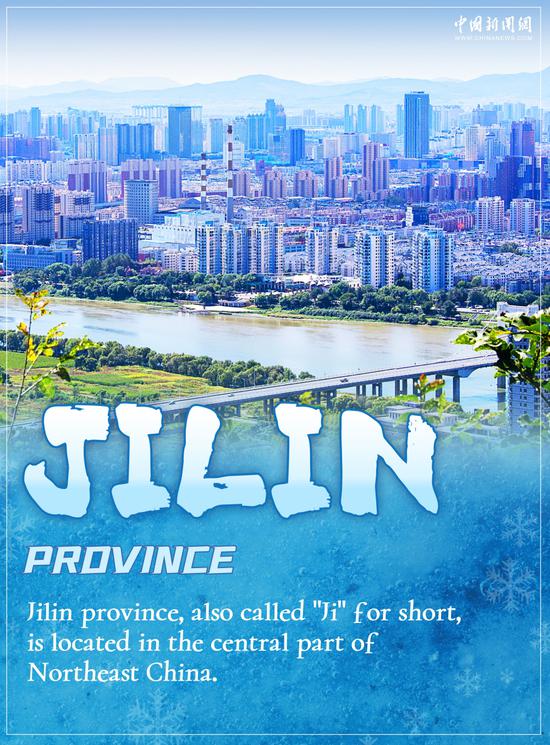
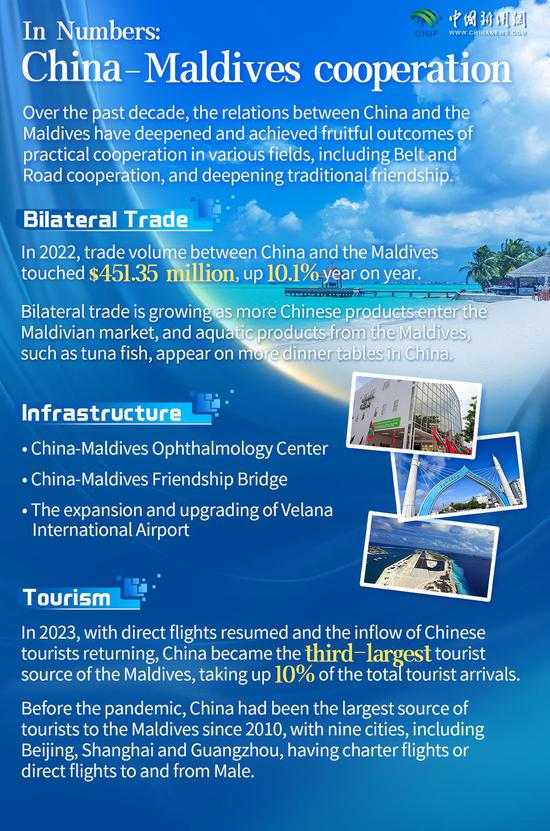
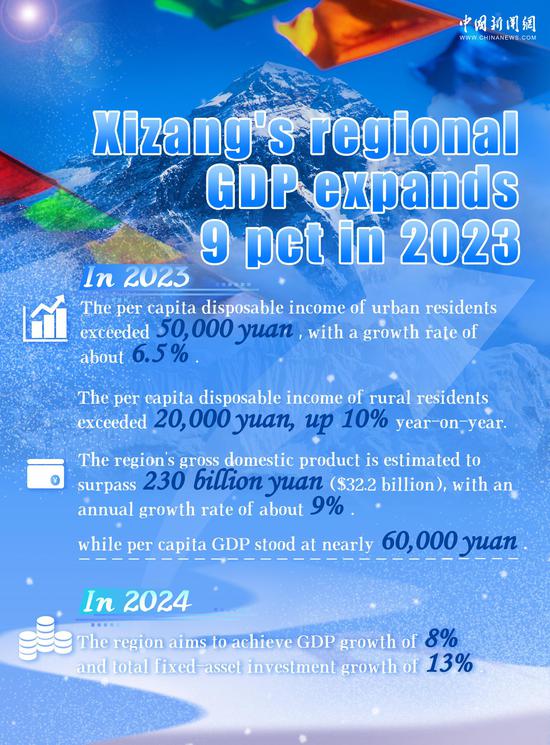
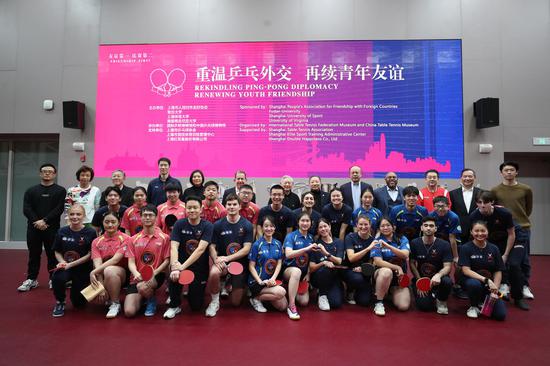

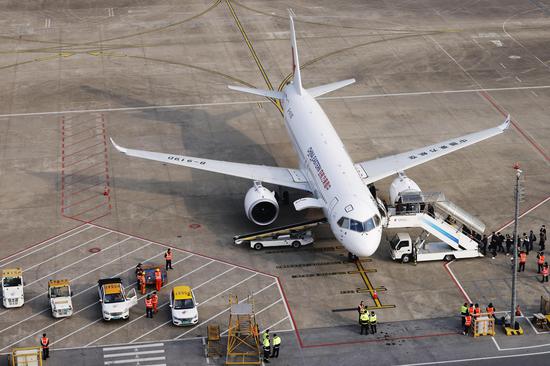
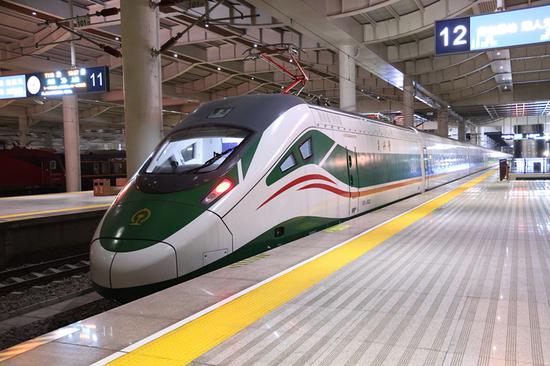

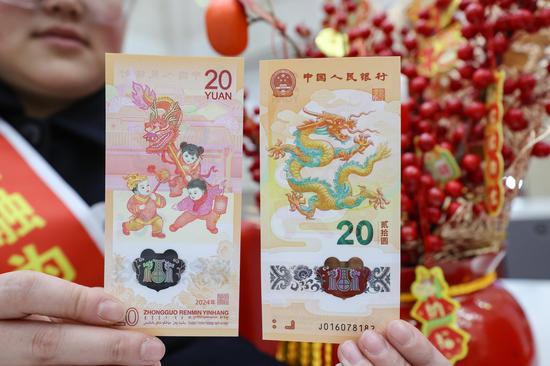
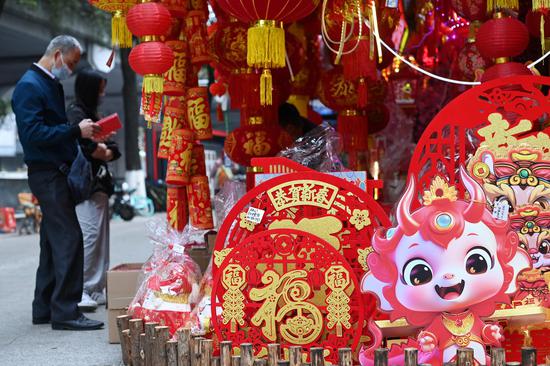
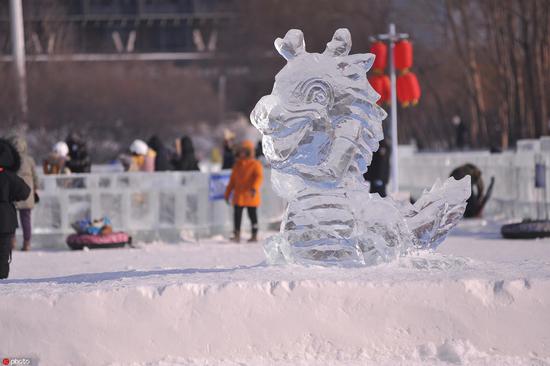

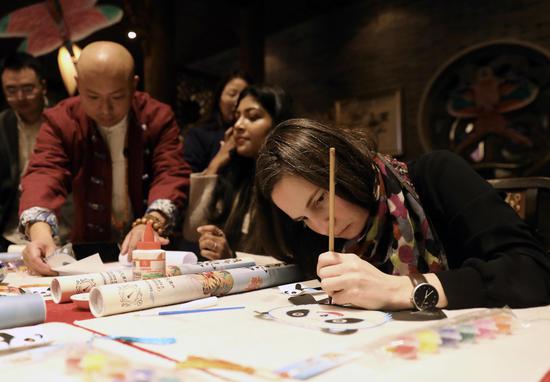
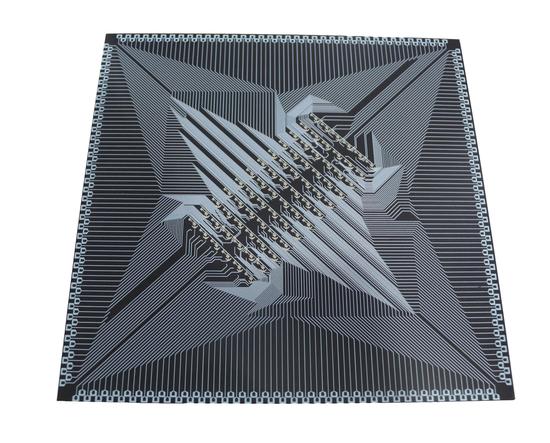

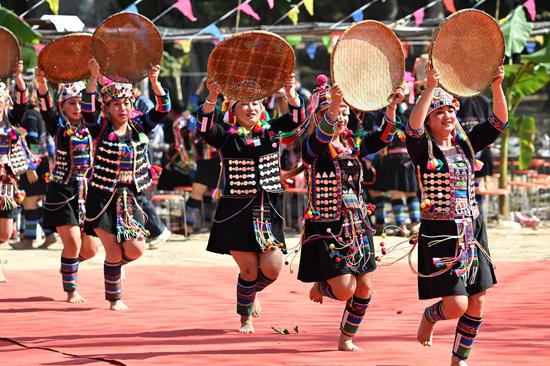







 京公网安备 11010202009201号
京公网安备 11010202009201号